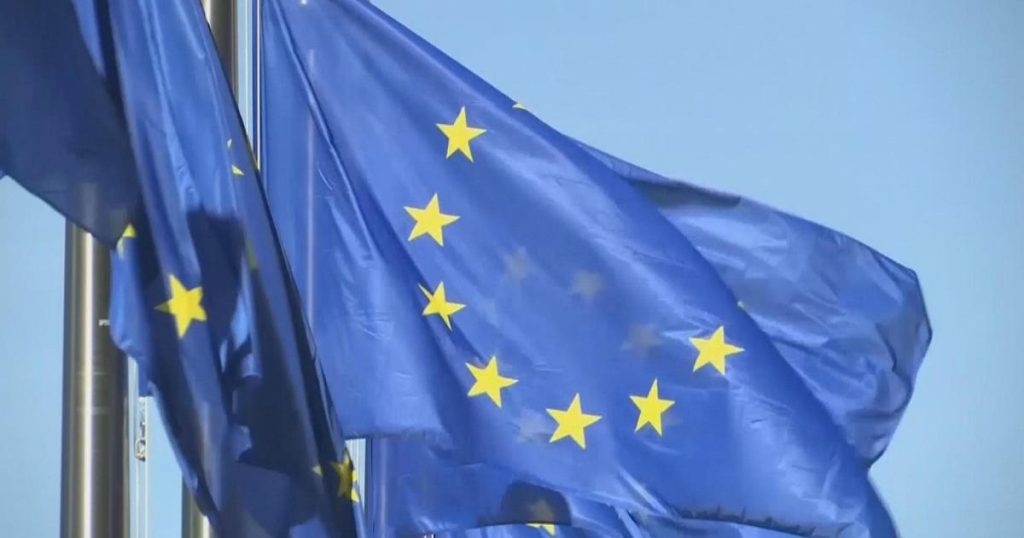Robert Schuman wrote 74 years ago that global peace cannot be safeguarded without creative efforts proportionate to the threats it faces. This statement led to the creation of the European Coal and Steel Community (ECSC), the starting point of the European Union as we know it today. The EU now consists of 27 member countries and nine candidates, sharing a common currency, a single market, and facing conflicts such as the war in Ukraine. In addition to external challenges, the EU also struggles with internal issues, such as the lack of a unified military force under a single command.
One of the main challenges facing the EU is the establishment of a common European defense and security policy. While national armies cooperate, there is a lack of consensus on how to address security threats, including the conflict in Ukraine. The proposal of eurobonds for European defense has divided the union, with countries like Italy and France supporting the idea, while Germany leads the skeptics. Hungary, on the other hand, has been reluctant to provide military support to Ukraine and opposes using Russian profits to help Kyiv.
Another significant challenge is the need for a public investment plan and competitive strategies to counter the aggressive actions of China. The NextGenerationEU funds must be spent by 2026, but there are countries within the EU that are wary of increasing common debt. The EU also faces the challenge of implementing the green deal to tackle the energy transition and climate change, including sustainable agricultural policies for farmers.
The EU must also address the issue of digitalization and develop strategies for artificial intelligence. Migration policies remain a divisive issue within the union, with long-standing fractures that need to be addressed. The political landscape following the June 9th elections will have to confront these challenges, as well as find ways to promote cooperation and unity among member states.
In conclusion, the European Union faces a complex array of challenges that require innovative and proportionate solutions. From security and defense to economic competitiveness, environmental sustainability, and migration policies, the EU must navigate internal divisions and external threats to safeguard global peace. The decisions made by the upcoming governments will shape the future of the EU and its ability to address the pressing issues of our time. Despite the obstacles ahead, the EU has a history of overcoming adversity and finding common ground amongst its diverse member states.


